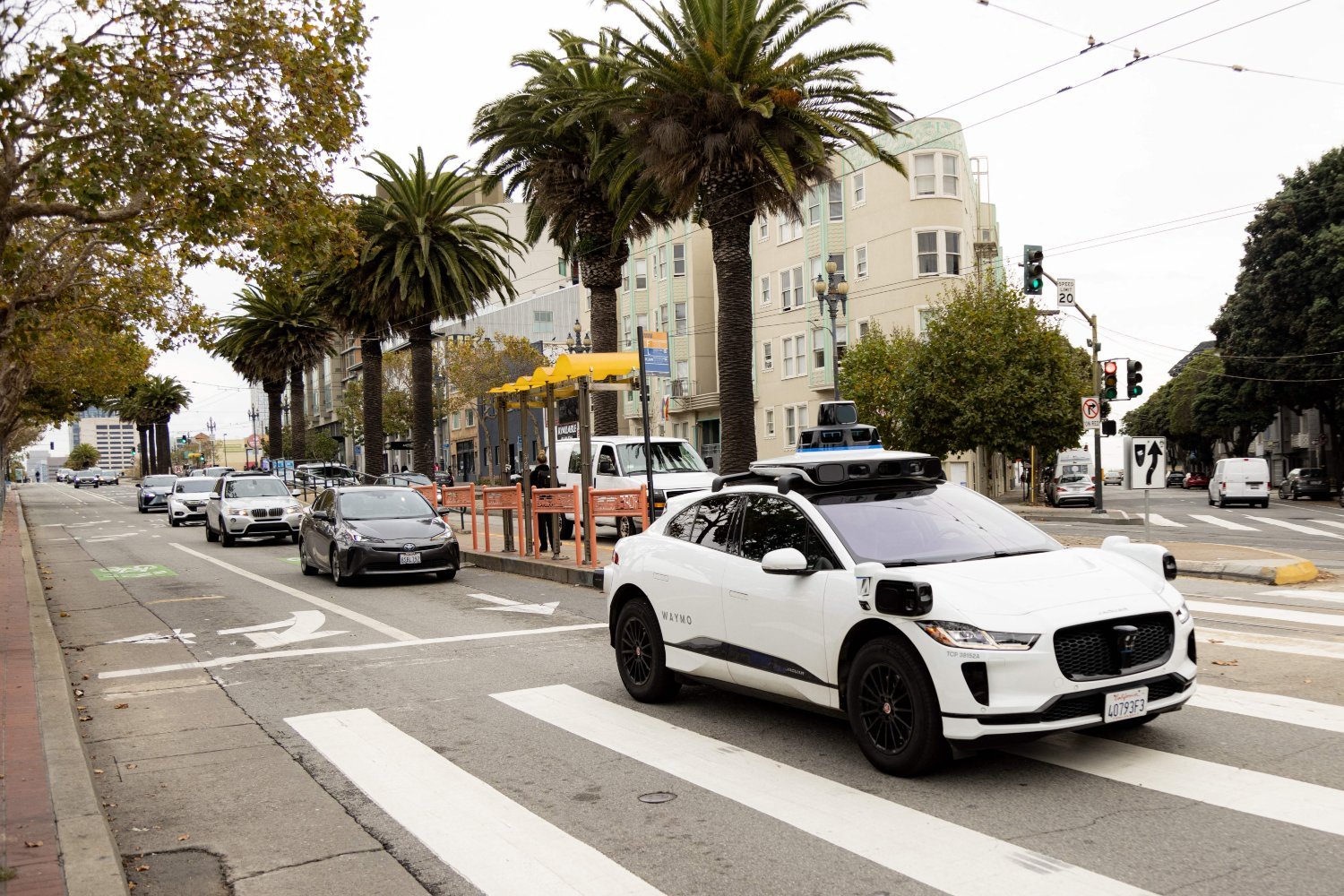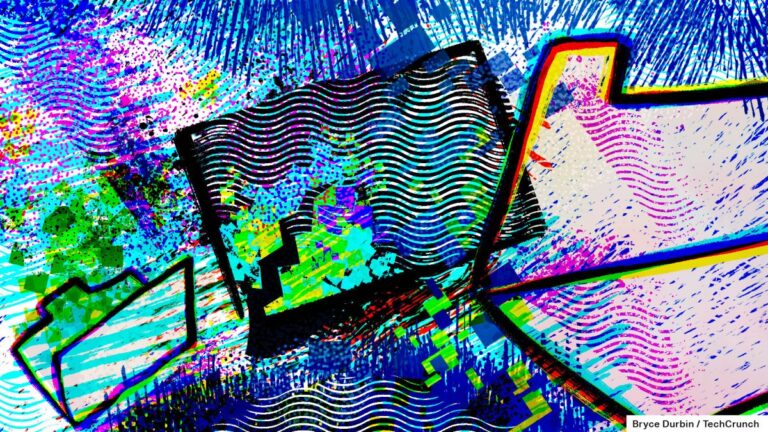Waymo Says Its Cars Are Officially Certified Against Crashing Into Emergency Vehicles
Waymo says its self-driving vehicles have been certified to react appropriately when approaching first responders and emergency vehicles, like fire trucks. The company’s autonomous cars are currently live for paying customers in San Francisco, Los Angeles, and Austin, with deployment in Miami coming soon.
Autonomous vehicles have made headlines over the years for exhibiting sometimes perplexing behavior when they don’t know how to respond to circumstances that would otherwise be normal to a human. It may seem easy to drive, but humans are processing an immense amount of information as they do so, including intuiting how other drivers around them might behave. Despite our flaws, humans are pretty good at moving on the roadways in mostly perfect synchronicity.
A computer needs to be taught all of this information manually, and comical situations can arise when they haven’t been trained, such as one instance when a Cruise car drove away from police after being pulled over for not having its headlights on at night. The car on its own simply did not know it needed to remain stationary while the officer got in contact with Cruise support.
Waymo in a blog post today says its measures to identify and react in such scenarios has received independent certification from an organization called TÜV SÜD, a supposed leader in safety testing and certification. Among other things, Waymo says its vehicles have been certified for advanced detection of emergency vehicles and sirens, and they also know how to respond to hand signals and directions from first responders or police officers handling active accident scenes.

While the odd behavior of autonomous vehicles can be harmless at times, it can also cause more serious problems, such as when another Cruise vehicle blocked an ambulance, stalling a victim of an accident from getting to the hospital. Humans already know when they see an ambulance behind them that they need to move over. The vehicles need to be trained on this.
Cruise was shut down this week by owner General Motors, leaving Waymo and Tesla as the two dominant companies in the U.S. working on self-driving. Tesla’s Elon Musk has said the company will begin deploying a self-driving “robocab” next year, but its vehicles rely on cameras and artificial intelligence rather than the complicated Lidar sensors that Waymo uses.
Tesla has been the subject of NHTSA investigations after its vehicles driving in Autopilot mode have plowed into emergency vehicles and police cars parked on the road with flashing lights activated, presumably blinding the cars’ cameras or confusing the self-driving system about what was happening. The company has been criticized for rapidly deploying its technology in private passenger vehicles, though it argues using its customers as guinea pigs is the best way to get training data and improve the system. And thankfully for Musk, it looks like President-elect Trump might eliminate the rule requiring the company report accidents that occur when self-driving mode is enabled.
Waymo has rolled out its vehicles much more cautiously, and for good reason. The company has been the subject of very little pushback, and very strong reviews from riders—Waymo recently matched Lyft in market share in San Francisco. Cruise, before shutting down entirely, was effectively banned from serving customers after it deceived regulators about the circumstances surrounding one of its vehicles dragging a woman 20 feet on the pavement.







